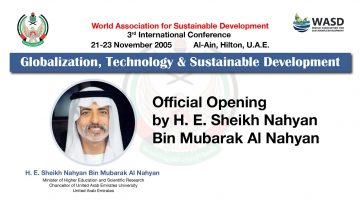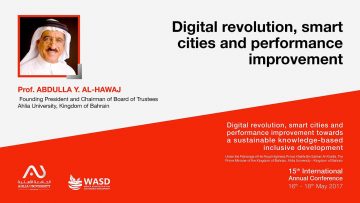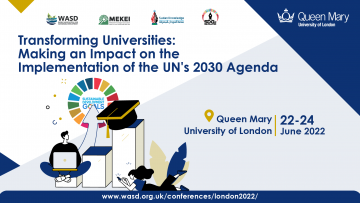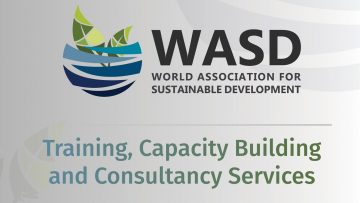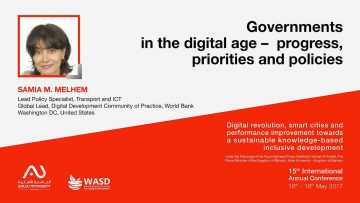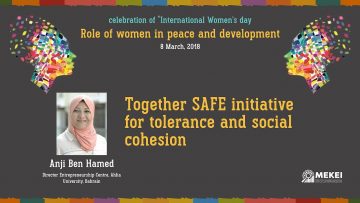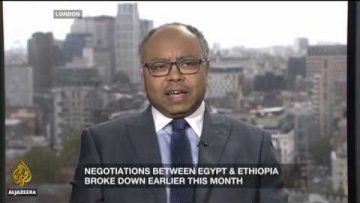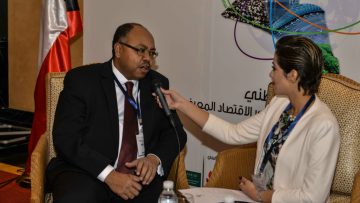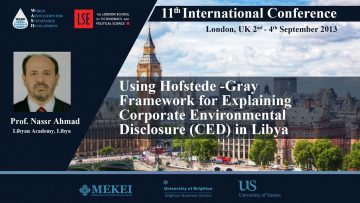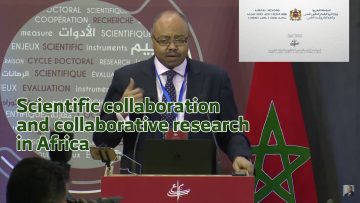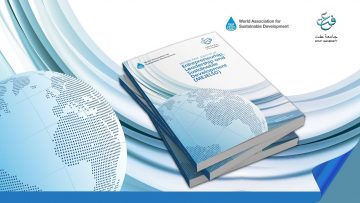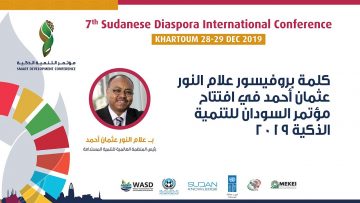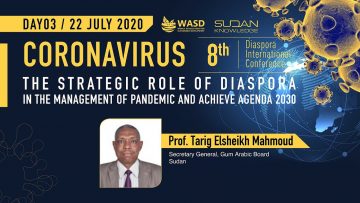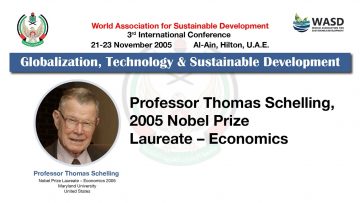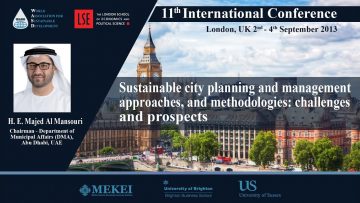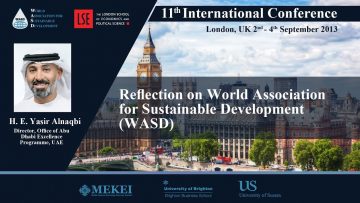Countering Organised Crime and Terrorist Fundraising
Two Days International Conference and Workshop
Introduction
The evolving relationship between terrorism and crime poses significant challenges to the international community, and is contingent on definitions of terrorism, petty crime and organised crime, which are often contested. In Europe there is evidence that there is a link between petty crime and terrorism, where individuals on the margins of society and the formal economy or in prison are most vulnerable to radicalisation. In other areas of the world, the relationship between organised crime and terrorism has transformed to one of symbiosis and convergence, in which it has become increasingly difficult to draw a meaningful distinction. Activities of terrorists and organised criminals frequently reinforce each other, where terrorists engage either directly or indirectly in organised crime activities such as trafficking, smuggling, extortion, kidnapping for ransom and the illicit trade of natural resources, for financial and/or material benefits. Such benefits contribute to undermining state security, stability and social and economic development, which in turn may create or maintain the conditions for organised criminal groups to flourish. On the other side, organised crime groups may employ terrorist tactics, including the strategic use of violence, to enable their objectives. In designing an appropriate policy response, there is value to recognising that there is a strategic distinction to be made between those situations where causal and enabling conditions for organised crime and/or violent extremism converge and where monitoring and preventive action is possible, versus those situations where the relationship is already in place, and where situation specific approaches are required.
This two-day international conference and workshop brings together high-level national representatives from the authorities and sectors involved from all law enforcement and financial sectors, representatives of international organisations and policy makers, all competent in the questions of preventing and fighting both terrorism and organised crime funding. At the end of the conference and workshop attendees should be able to acquire a comprehensive knowledge and practical experience about how to counter organised crime and terrorist fundraising. The key objectives of the conference and workshop are:
- Enhancing international co-operation through networks
- Special investigative techniques
- Witness protection and incentives for co-operation
- Administrative/Policy synergies and co-operation with the private sector
- Recovery of assets
- Legal framework and procedure
What will you learn?
The conference and workshop will focus on delivering the ideal platforms for those from the public and private sectors tasked with sourcing and delivering robust defence mechanism against terrorism and organised crime.
- Learn more about the latest updates on fighting organised crime and terrorist fund raising.
- Engage with policymakers, law enforcement authorities and business leaders dealing with those issues.
- Engage in a policy-shaping public debate.
- Improving legal and practical standardisation.
- Capacity building and promoting contacts.
- Approaches to disrupting the financing of terror and organised crime effective in terms of money laundering, fraud and Cybercrime.
- The role of law enforcement and private sector industry do disrupt the terrorists’ ability to raise, transfer, store and access money.
- Businesses role to play in preventing radicalisation – e.g. preventing on-line propaganda?
Who should attend
The event will bring together representatives from the law enforcement community, regulators, intelligence professionals and business to discuss ways in which enhanced communication and cooperation with the private sector could be embedded in the strategy for fighting crime and terrorism.
- Academics and researchers.
- Students, youth, NGOs (voluntary) and civil society groups (public).
- Professionals, businesses and other stakeholders particularly the private sector managers responsible for security.
- Law enforcement agencies
- Financial institutions
- Policy makers
- Government officials
- Security Executives and Leadership
- Private/Business sector
- Infrastructure security (Airports, Airlines, gas/oil, businesses)
Workshop Structure
- Depending on the final number of participants, for each session there is an activity or set of activities. These are designed to help you engage with the introduction to the theories explored within the workshop.
- Your tutor will be on hand to guide you through the workshop and will expect you to bring to bear personal experience and reflection on the topics covered.
- Group work will be required for participants to engage in the workshop. Such activity allows participants to embed the new knowledge within their experience through active discussion and challenge
Workshop Material
Included in the course fee, the following learning materials will be provided:
- All overhead slides/transparencies.
- Case studies (print and video) used on the course.
- Certificate of attendance.





